Walka z terroryzmem może zaszkodzić polskim interesom
Francja uznała się za zaatakowaną i wystąpiła o pomoc do państw członkowskich UE powołując się na traktat lizboński.Zgodnie z tym dokumentem UE przejęła obowiązki zlikwidowanej Unii Zachodnioeuropejskiej, czyli paktu obronnego Europy, który nigdy nie wyszedł poza ramy formacji papierowej. Unia znalazła się więc w stanie wojny z państwem islamskim, choć to instytucja jak najmniej nadająca się do takich zadań. Ten obrót spraw może odbić się niekorzystnie na polskich interesach, bowiem koncentruje uwagę Europy na Bliskim Wschodzie oraz terroryzmie, a potencjalnym zagrożeniem dla Polski jest Rosja i jej agresywne poczynania. Nowy rząd będzie miał dużo pracy, by nie dopuścić do zniknięcia rosyjskiego zagrożenia z europejskiego horyzontu, do przyzwolenia UE i USA na moskiewską strefę wpływów obejmującą Ukrainę w zamian za pomoc w walce z PI.








